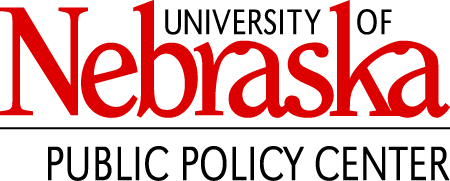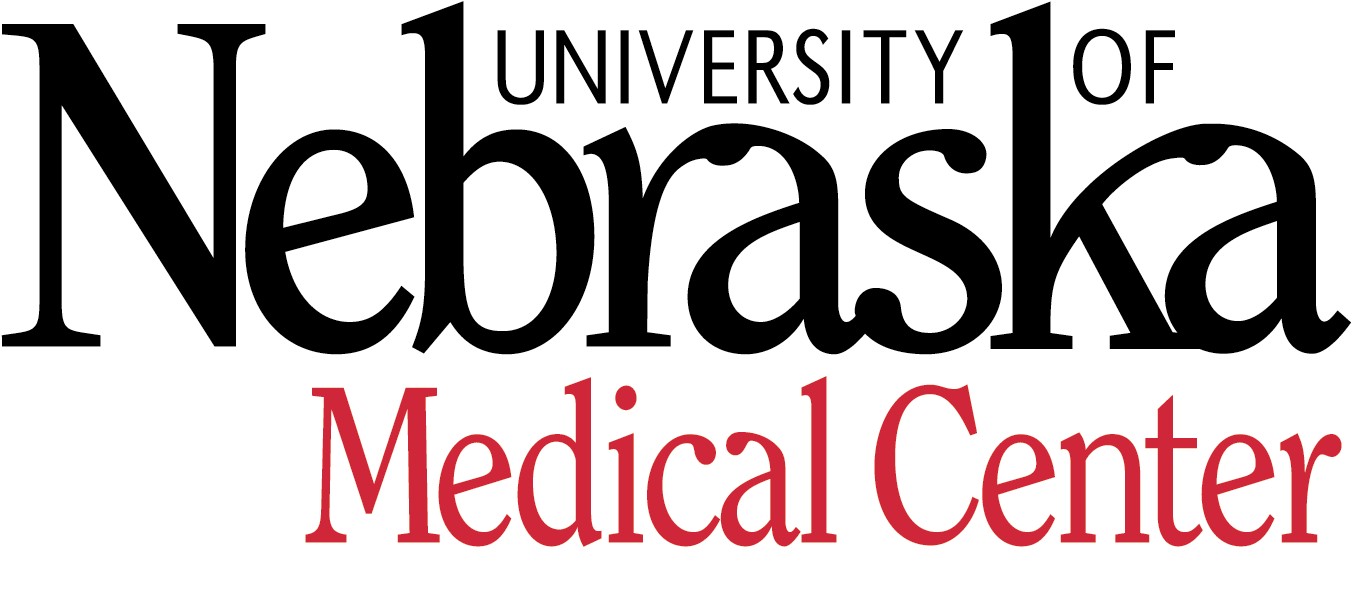Nebraska Disaster Behavioral Health Conference
The Nebraska Disaster Behavioral Health Conference is for psychiatrists, psychologists, social workers, mental health care providers, public health officials, nurses, clergy, emergency managers, and first responders to learn and recognize how to prepare and respond to the psychological effects of disaster and mass casualties.
2006 Conference
July 13-14, 2006
Embassy Suites Hotel
555 South 10th Street
Omaha, NE 68102
Objectives
1
Compare roles and levels of preparedness in public health and describe a public health strategy for the consequences of terrorism.
2
Differentiate between crisis counseling and traditional psychotherapy and recognize the federally utilized model.
3
Describe best practices approaches to individual treatment post-disaster in the immediate acute and delayed phases post-trauma.
4
Compare the role of the media as first responders to a disaster and understand their role in crisis communication.
5
Discuss the role of culture in effective disaster response.
Conference Speakers
Lewis Goldfrank, M.D.
Professor and chair, Emergency Medicine, New York University School of Medicine
In addition to chairing the Department of Emergency Medicine at the NYU School of Medicine, Dr. Goldfrank is the medical director of the New York City Poison Control Center and chairs several Institute of Medicine (IOM) committees on preparedness. He is the principal investigator on numerous preparedness grants and has written extensively on both toxicology and emergency medicine.
Robert DeMartino, M.D.
Senior advisor to the director, Center for Mental Health Services, Substance Abuse and Mental Health Services Administration (SAMHSA)
Dr. DeMartino is a nationally recognized leader in the field of the behavioral health consequences of weapons of mass destruction terrorism. He is also the SAMHSA representative to both the Secretary’s Emergency Response Team (SERT) and to the TOPOFF 2 Large Scale Game and Full-Scale Exercise. He serves on the SAMHSA disaster matrix workgroup leading federal planning for the behavioral and psychosocial consequences of bioterrorism.
Mario Scalora, Ph.D.
Associate professor of psychology, University of Nebraska-Lincoln
Dr. Scalora serves as consulting psychologist with both the United States Capitol Police and the Nebraska State Patrol. He is a member of the behavioral health risk communication cadre for Nebraska. His research interests include risk assessment, sexual offenses, and clinical decision-making related to treatment decisions and risk of violence. He is collaborating with law enforcement on additional research assessing the predictive risk factors of individuals who stalk and engage in threatening approach behavior toward their victims.
The Reverend Susan Lockwood. M.Div.
Director of disaster planning and training, New York Interfaith Services
The Reverend Lockwood was the 9/11 disaster response coordinator for the American Baptist Churches of Metropolitan New York. She is a well-respected and skilled mitigation education and preparedness training practitioner with faith communities and is certified by ICIFS in Pastoral Crisis Intervention.
April Naturale, LCSW, ACSW
Director of network development, National Suicide Prevention Lifeline
Ms. Naturale is a licensed, clinical social worker. In addition to her work with the National Suicide Prevention Lifeline, she is the former statewide director for Project Liberty, the Crisis Counseling Program launched by the New York State Office of Mental Health in response to the World Trade Center attacks of 9/11/01. She provides training regarding disaster response and planning in the U.S. as part of the Disaster Technical Assistance Center’s (DTAC) cadre of trained consultants and has provided training in the UK, Portugal, and India on disasters. She is currently working on the response to Hurricanes Katrina, Rita, and Wilma.
Joe Hight
President, Dart Center for Journalism and Trauma
Mr. Hight is the managing editor of The Oklahoman. He is also the president of the Dart Center for Journalism and Trauma, an international organization based at the University of Washington. He has co-authored a booklet, Tragedies and Journalists, which has been distributed to over 30,000 journalists worldwide. Mr. Hight was the victims’ team leader of The Oklahoman’s coverage of the Oklahoma City bombing.
Leon Caldwell, Ph.D.
Research associate professor, University of Memphis
Dr. Caldwell’s research areas include mental health utilization disparities, African American men’s health, cultural competence, and adolescent mental health. He has published and spoken nationally about the need for more culturally consistent human services for underrepresented and underserved populations.
Laura Gibson, Ph.D.
Clinical and research assistant professor, University of Vermont
Dr. Gibson is a consultant for the National Center for PTSD. She was the invited co-chair of a working group convened by the National Institutes of Health in 2003 to create best practice guidelines for mental health interventions subsequent to mass violence and disasters. She is the co-author of a manualized treatment for prolonged post-disaster distress that is grounded in evidence-based principles. She has trained and consulted with therapists on the implementation of the manual subsequent to both hurricanes and the 9/11/01 attacks.
Conference Materials

Conference Agenda
Contacts
University of Nebraska Public Policy Center
Disclaimer
This website is part of a coordinated effort on behalf of the U.S. Federal Government and the Nebraska Department of Health and Human Services Division of Public Health, Division of Behavioral Health, and the University of Nebraska Public Policy Center. Funding was made possible [in part] by U3REP190555 from the Office of the Assistant Secretary for Preparedness and Response (ASPR). The views expressed in written materials or publications do not necessarily reflect the official policies of the U.S. Department of Health and Human Services or the Nebraska Department of Health and Human Services, Division of Public Health; nor does mention of trade names, commercial practices, or organizations imply endorsement by the U.S. Government or the State of Nebraska.









